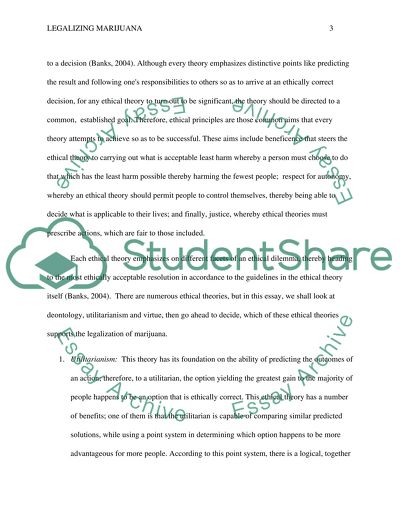Cite this document
(“Legalizing Marijuana Essay Example | Topics and Well Written Essays - 1750 words”, n.d.)
Legalizing Marijuana Essay Example | Topics and Well Written Essays - 1750 words. Retrieved from https://studentshare.org/sociology/1455250-legalizing-marijuana
Legalizing Marijuana Essay Example | Topics and Well Written Essays - 1750 words. Retrieved from https://studentshare.org/sociology/1455250-legalizing-marijuana
(Legalizing Marijuana Essay Example | Topics and Well Written Essays - 1750 Words)
Legalizing Marijuana Essay Example | Topics and Well Written Essays - 1750 Words. https://studentshare.org/sociology/1455250-legalizing-marijuana.
Legalizing Marijuana Essay Example | Topics and Well Written Essays - 1750 Words. https://studentshare.org/sociology/1455250-legalizing-marijuana.
“Legalizing Marijuana Essay Example | Topics and Well Written Essays - 1750 Words”, n.d. https://studentshare.org/sociology/1455250-legalizing-marijuana.


